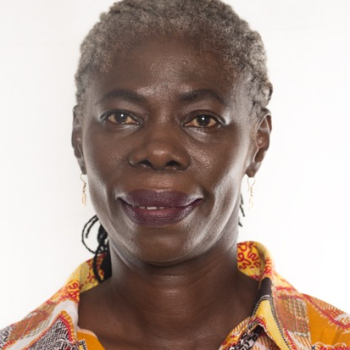Twi Linguicism: Linguistic imperialism among Ghanaian languages

| 0555556797 | |
| mabquarcoo@uew.edu.gh | |
| Download CV |
Twi Linguicism: Linguistic imperialism among Ghanaian languages
This article explores linguistic imperialism or linguicism in the relationship between Twi (a dialect of Akan) and other Ghanaian languages. The study upon which the article is based was conducted among students of the University of Education, Winneba (UEW) in Ghana. Sixty students were purposefully selected and data was collected through the use of questionnaire, recorded group interviews and observations. Results showed that Twi can be considered imperialistic in this context due to its high functional load. Secondly, Twi is imposed on UEW's public and social space through covert and overt means; a situation that automatically marginalises other languages causing intense resentment and protests. The study also found that Twi imperialism was perpetuated by both native and non-native speakers. Based on these results, we conclude that while English imperialism is sustained through colonialism and formal education in Ghana, Twi imperialism is deployed through numerical strength, economic activities and imposition through social pressure.
